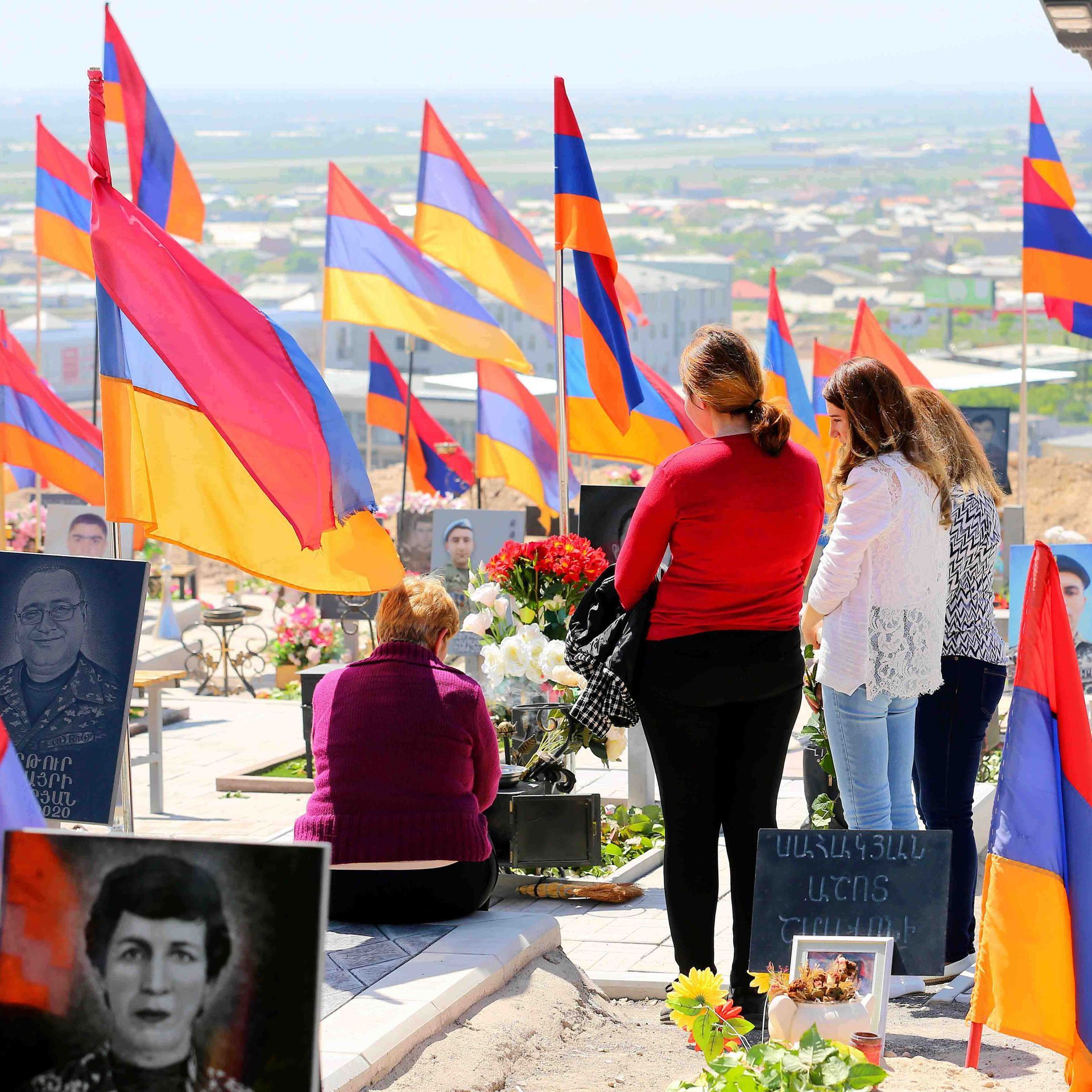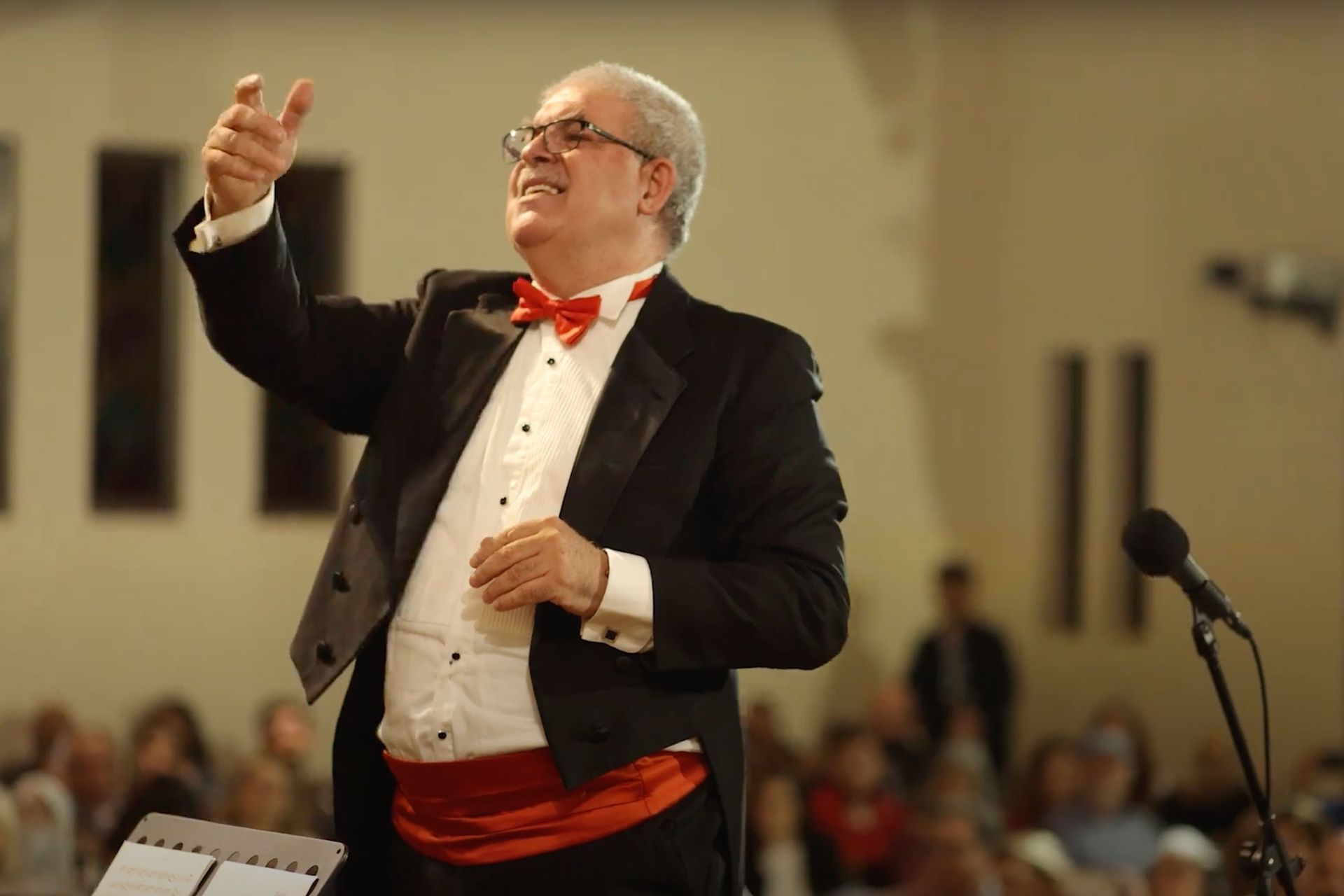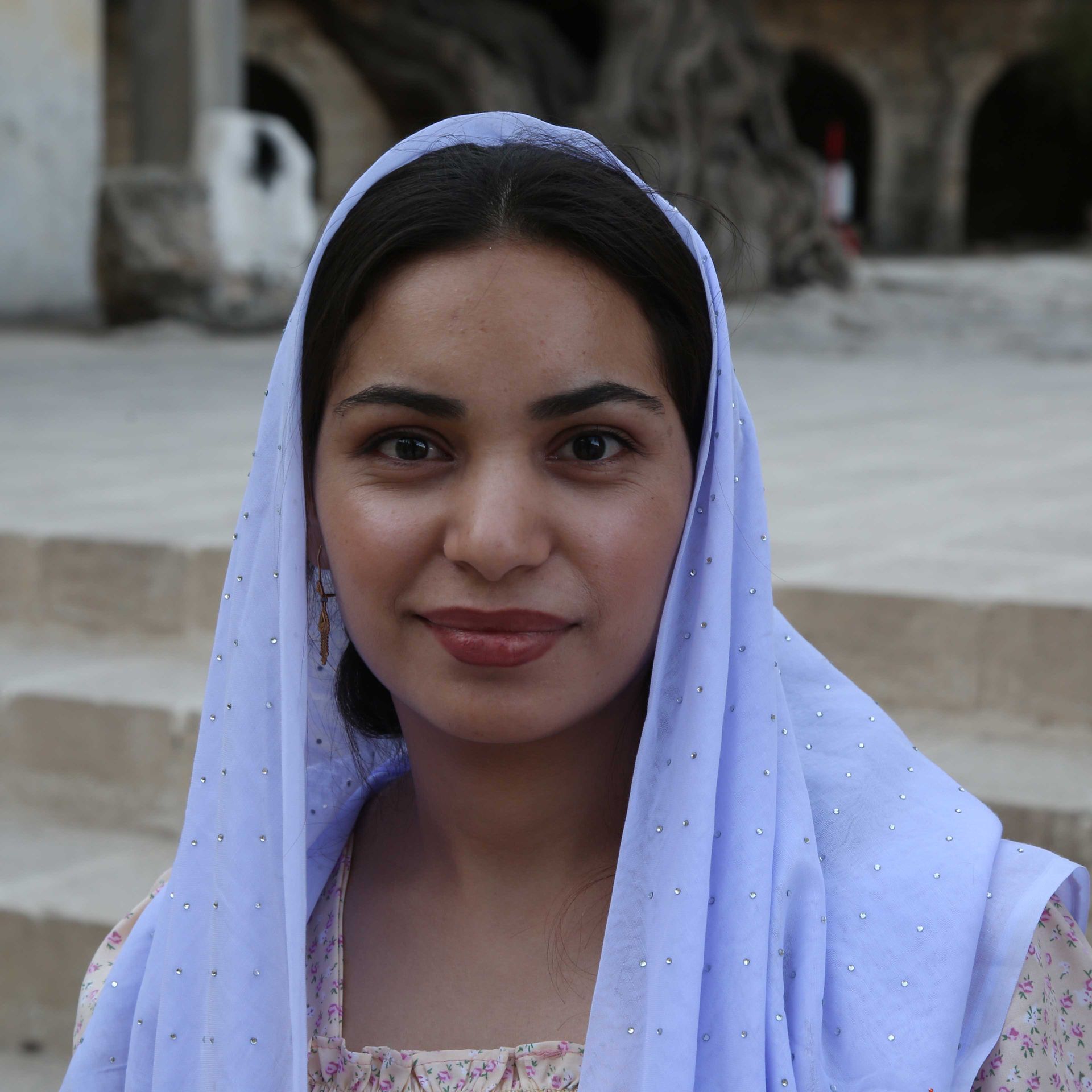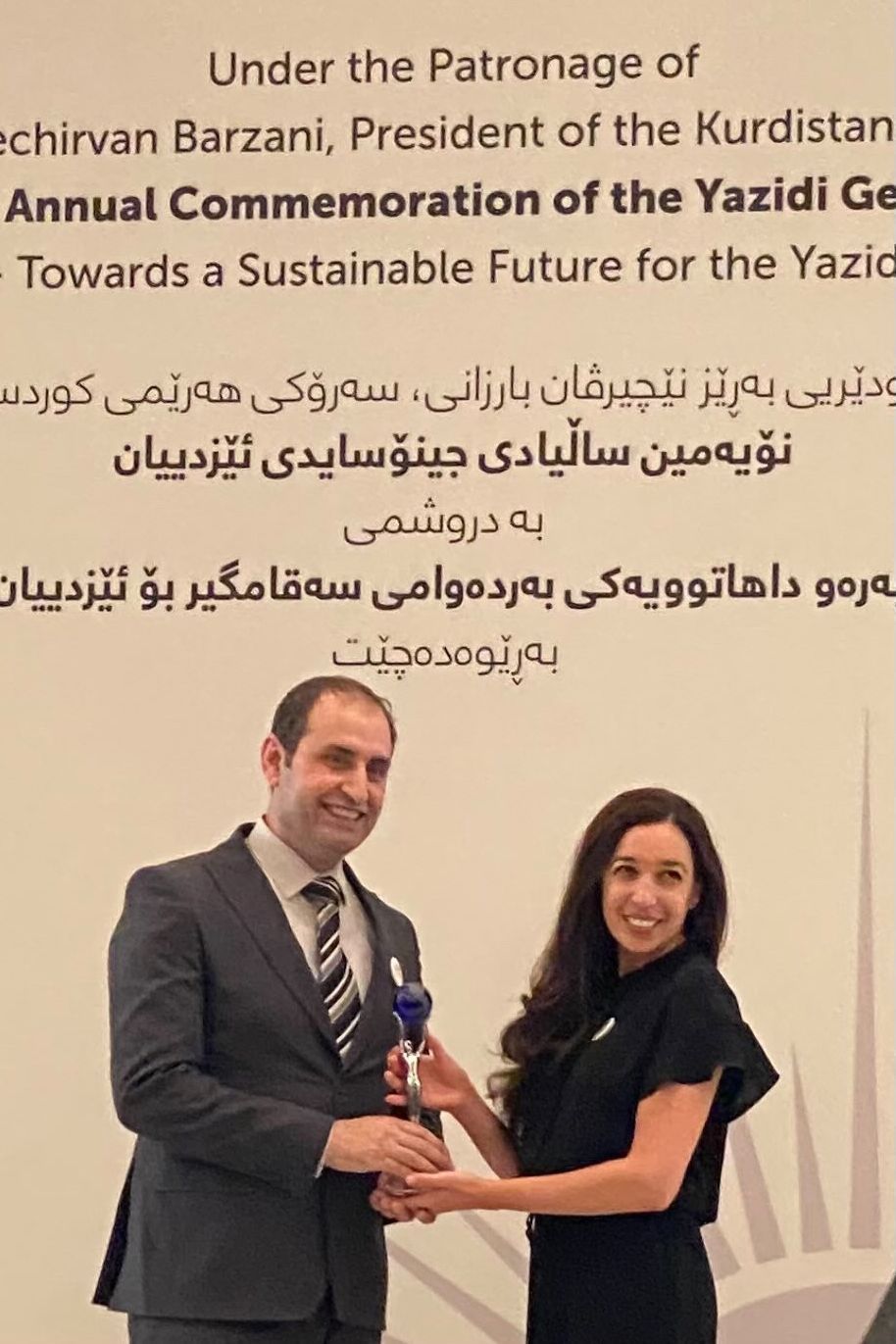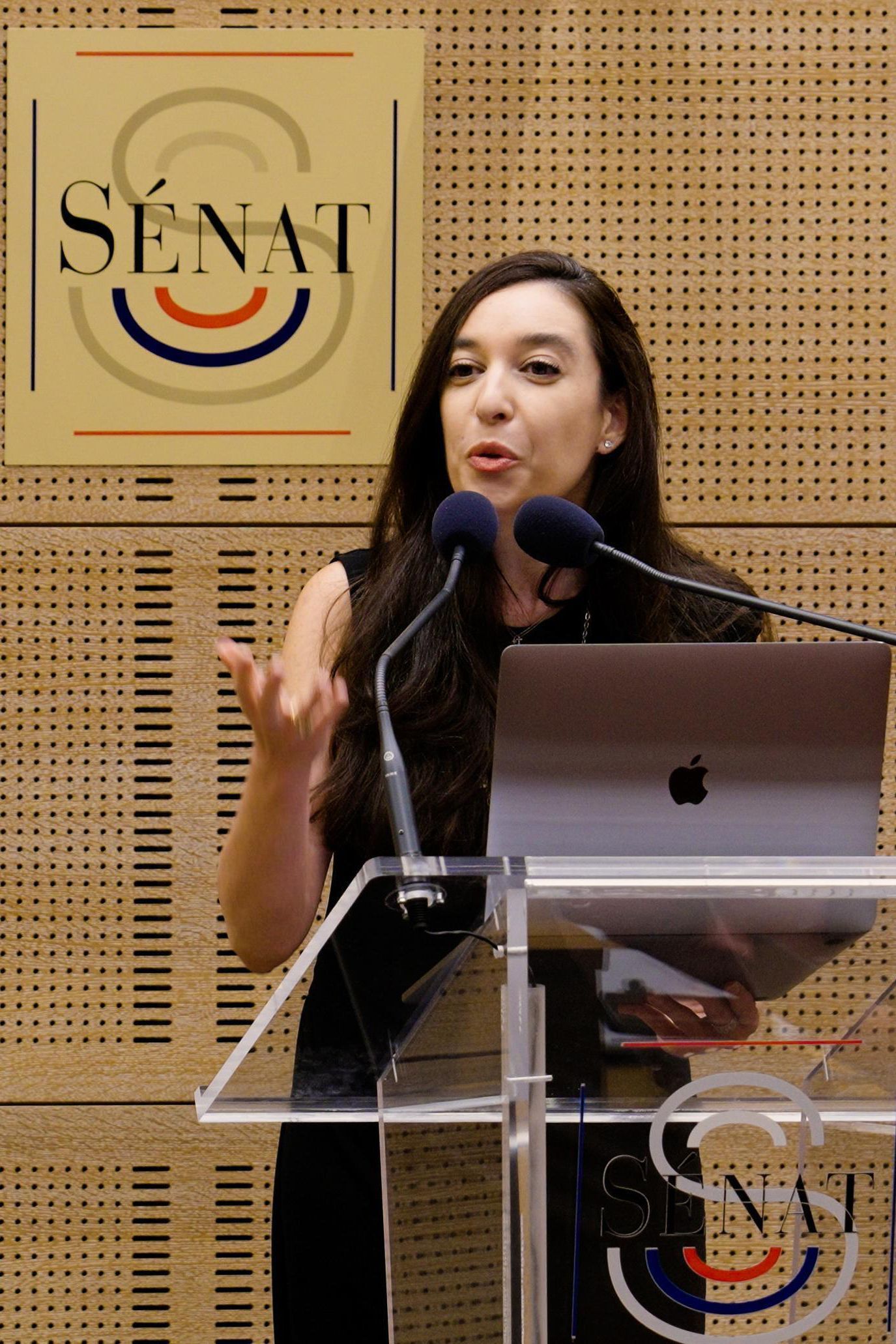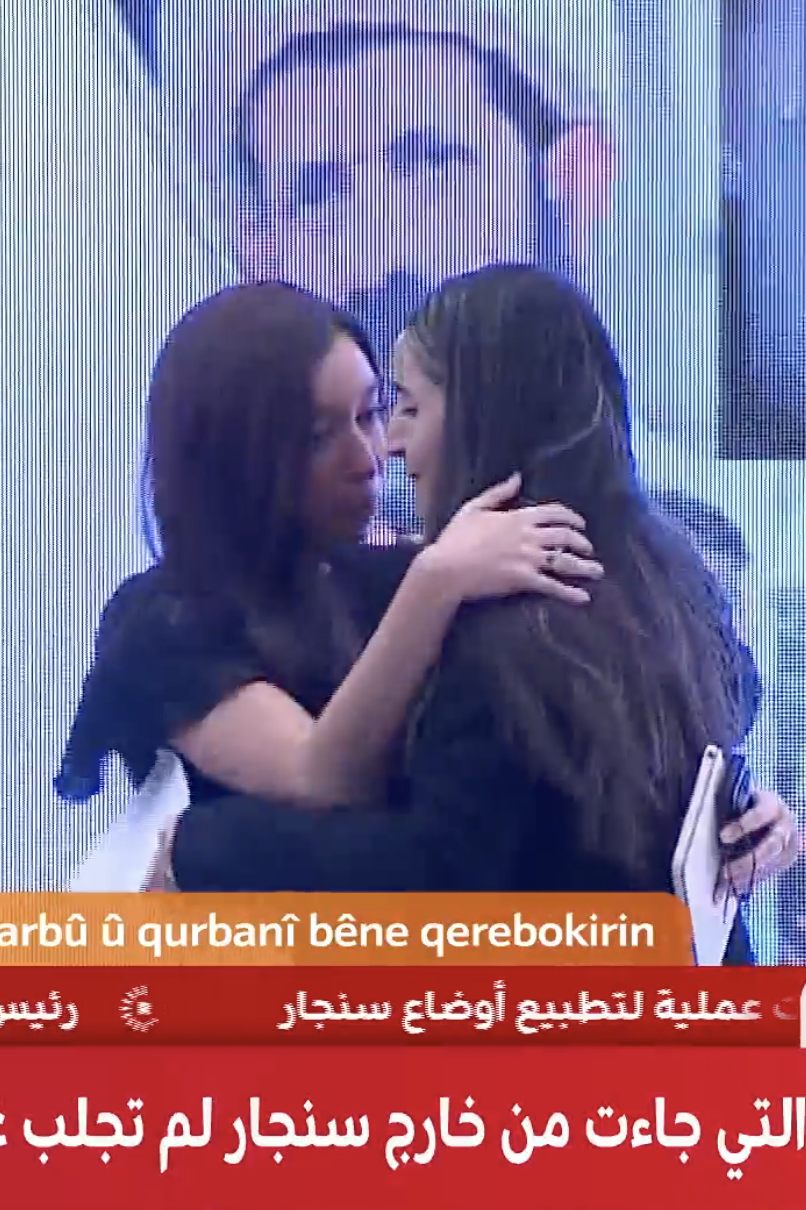The Zovighian Public Office (ZPO) is a family-founded oath of public service in the Middle East and South Caucasus, rooted in the lived legacy of atrocity and displacement. We partner with communities and survivors targeted by atrocity crimes — including genocide, crimes against humanity, and war crimes — to uphold voice, reclaim dignity, and transfer power back to survivors through public and legal advocacy and truth-telling that demands accountability. We build universal tools for self-determination, protection, and long-term justice through high-integrity research, cultural preservation, and humanitarian diplomacy.
Our vision
A Middle East and South Caucasus rooted in moral courage and truth-telling, where communities and survivors of atrocities reclaim their dignity, build existential safety, transform public governance, and secure long-lasting justice.
Our mission
We uphold the dignity and public voice of unseen communities targeted and silenced by atrocity crimes in the Middle East and South Caucasus. In partnership with survivors, we pursue public and legal advocacy to advance justice, self-determination, security, and identity through high-integrity research, cultural creation, and humanitarian diplomacy.
Communities and crises we serve
We are called to action when frontline survivors sound the alarm in the early stages of genocide in the Middle East and South Caucasus, before diplomats and media step up, and can confirm that we are best-fit to serve to honor some of their greatest needs. Born from a conviction in 2015 to respond to urgent calls for justice during the seventy-fourth genocide of the Yazidi people, we also serve in solidarity with Artsakhi Armenians since the Second Nagorno-Karabakh War and crisis-affected communities in Lebanon amid the economic collapse and Beirut Explosion.
What we stand for
Survivor-led
We follow the leadership of those who carry the memory and the cost, with humility, deference, and emotional integrity.
Truth-telling
We confront denial with fact and silence with public voice, openly and transparently.
Community-rooted
We stay grounded in the dignity, leadership, and lived priorities of communities.
Accountable
We welcome scrutiny and take full responsibility for what we do and do not do.
Responsible
We create and communicate with care, reverence, and long-term stewardship.
Systems-building
We build public tools that outlast crisis, transform root causes, and disrupt broken governance.
Morally courageous
We choose what is right over what is safe or popular.
Our founding story
ZPO was founded out of genocide — in solidarity with a community that continues to face rejection, denial, and global inaction. Months into the Yazidi Genocide in Sinjar, women survivors had begun escaping captivity after enduring months of sexual enslavement by Da’esh. Their situation was grave. Their needs were immense. While the world condemned the so-called Islamic Caliphate, international donors refused to act; unwilling to intervene in such a high-risk conflict zone.
In June 2015, during an advocacy mission in Washington D.C., Lynn Zovighian responded directly to the denial of emergency aid for Yazidi women survivors. At that moment, the Zovighian Public Office was born: by deeply listening to survivors and stepping in where donors and institutions were not.
That founding moment remains our compass: when systems fail and institutions fall silent, we stand strong with survivors to help rebuild what was broken and restore what was taken.
Our team
We are a relentless integrity-driven multidisciplinary team of researchers, data visualizers, field practitioners, and humanitarian negotiators, powered by a shared commitment to community dignity, justice, and truth. Fluent in Arabic, Armenian, English, French, and German, we engage directly with communities and survivors in crisis-affected environments and the international community of human rights defenders, journalists, diplomats, and governments. We operate with deep local fluency, cultural sensitivity, and a firm belief that community members must be co-equal partners and co-authors of the solutions and decisions shaping their future.



